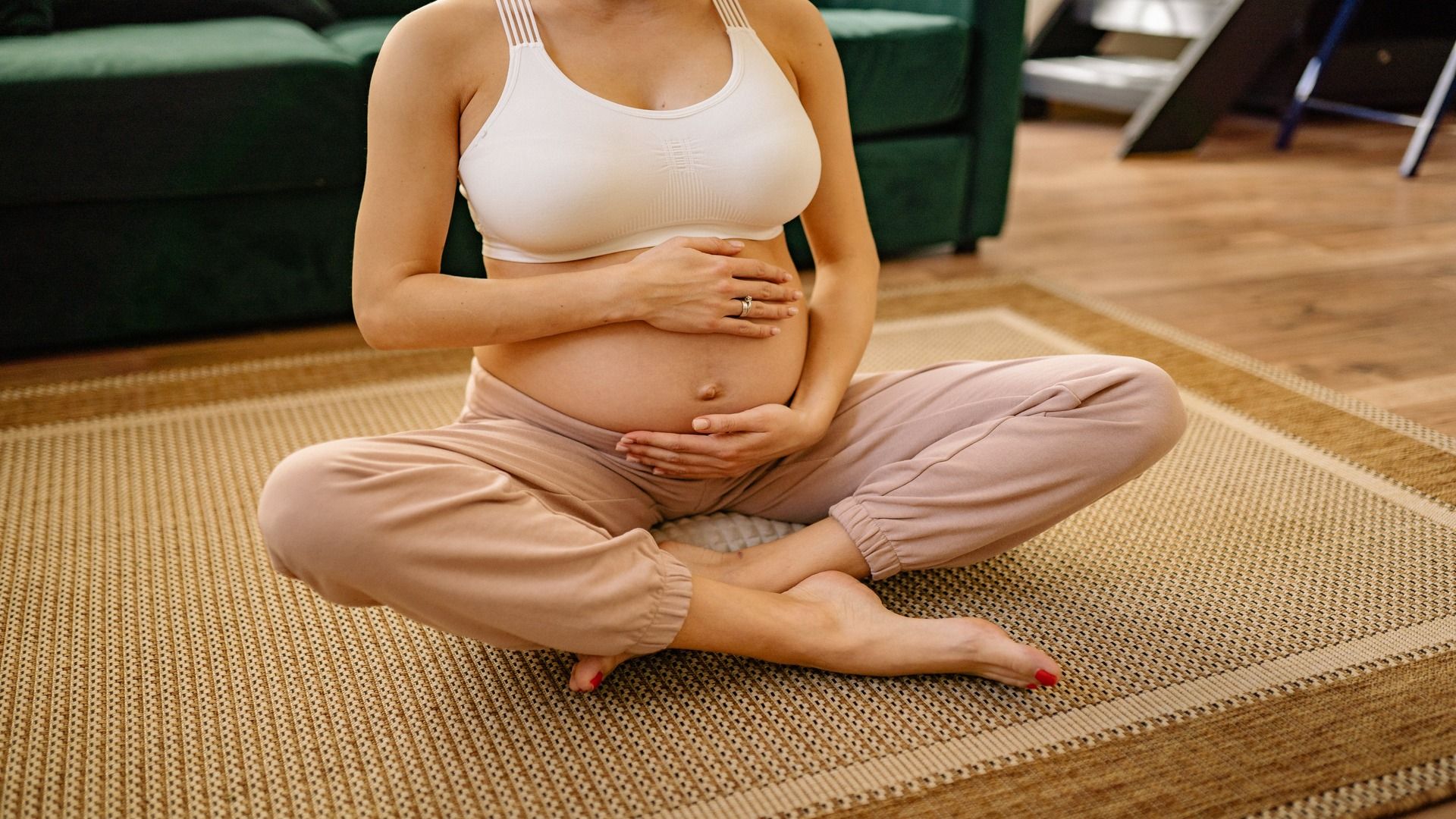The second trimester of pregnancy - what happens to the mother's body

Sarah Johnson, MD

Pregnancy continues to alter a woman's body during the second trimester. Weeks 13 through 26 are commonly used to define the second trimester. Your baby continues growing almost daily, which makes your belly expand and brings new physical changes.
Path to improved health
For many, the second trimester feels easier than the first. Nausea and vomiting usually lessen, and mood swings may stabilize as hormones even out. Your energy levels often rise, making this a great time to prepare for upcoming changes. If you want to understand how this stage fits into the bigger picture, explore the guide on pregnancy week by week in the second trimester.
This trimester, be ready to gain weight more quickly, which often means switching to maternity clothes.
better with Soula

Support for every woman:
✅ A Personalized Plan to reduce anxiety and overthinking
✅ 24/7 Emotional Support whenever you need it Cycle-Aligned Mental Health Tracking — monitor your mood and symptoms in sync with your period
✅ Real-Time Insights into your energy levels and emotional state
✅ Bite-Sized Exercises to help you return to a calm, balanced state — anytime, anywhere
Breast changes in the second trimester
Your breasts may become less tender but continue to increase in size as milk glands grow. Small bumps around the nipples may appear, and some people begin leaking colostrum.
Skin changes in the second trimester
As your body expands, elastic fibers beneath the skin may stretch, causing stretch marks—especially on the stomach and breasts. Keeping the skin well hydrated may help reduce itching, though it cannot prevent stretch marks entirely.
Other common skin changes include dry or itchy skin, increased sun sensitivity, linea nigra, and darker facial patches (“pregnancy mask”). These usually fade after birth.
Body changes in the second trimester
Your body continues adjusting to your baby's growth, which can lead to several physical symptoms.
Leg pain
Leg cramps—especially at night—are common. They may result from pressure on blood vessels and nerves. Sleeping on your side can help. It’s important to distinguish normal cramps from warning signs like swelling or pain in one leg, which could indicate deep vein thrombosis (DVT).
Aching back, pelvis, and hips
Your growing belly shifts your posture, placing more strain on your back, hips, and pelvis as pregnancy hormones loosen supporting ligaments.
Stomach pain
As your uterus expands, the ligaments around it stretch, which may cause mild cramping or pain.
Loose teeth
Hormonal changes can affect the ligaments in your mouth, making teeth feel loose. Gum swelling or bleeding may signal periodontal disease. Because oral health is important during pregnancy, many people schedule dental care during the second trimester.
Nasal congestion, nosebleeds, and bleeding gums
Increased blood flow to the membranes of the nose and mouth can cause these symptoms.
Urinary tract infections (UTIs)
Growing uterus pressure makes bladder emptying less efficient, increasing UTI risk. Seek care if you notice burning, odor, or persistent urges to urinate.
Braxton Hicks contractions
Braxton Hicks contractions—sometimes called “false labor”—are your uterus practicing for birth. If contractions become regular or painful, contact your doctor to rule out preterm labor.
Around the middle of the second trimester, many begin feeling fetal movement for the first time. If you'd like to compare your experience, see what typical movements look like in the guide to first fetal movements.
Things to consider
Low energy or nausea may have reduced your interest in sex during the first trimester, but many notice their libido return in the second trimester. Sex is generally safe unless your doctor advises otherwise.
When to see your doctor
Keep attending prenatal appointments, usually scheduled monthly during this stage. Report unusual symptoms such as leaking fluid, painful urination, swelling in the legs, stomach pain, or vaginal bleeding. If you’re curious what tests may be upcoming, explore which tests are done in the second trimester.
Questions for your doctor
- What physical and emotional changes should I expect?
- Are my symptoms normal?
- Can lifestyle changes help reduce my symptoms?
- Is sexual activity safe for me?
If pregnancy feels overwhelming or brain fog makes it harder to stay grounded, gentle techniques can help. Explore what helps with brain fog or seek supportive guidance anytime from AI apps for mental health.














